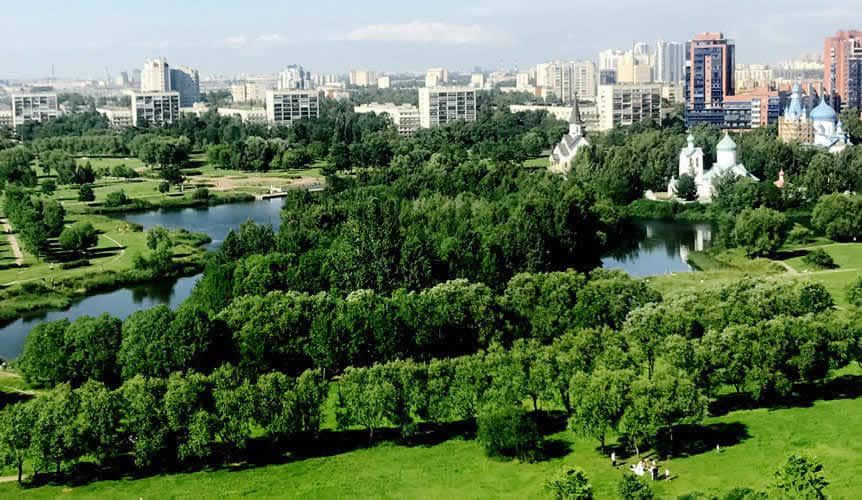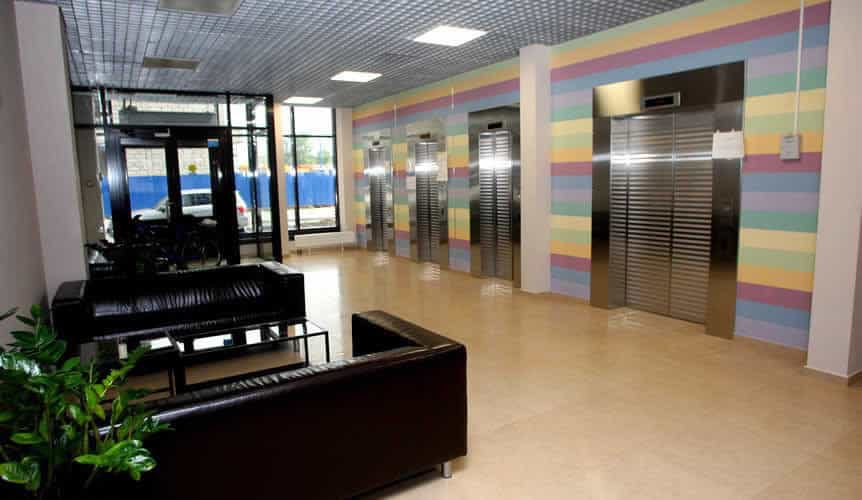Many people who start to learn Russian realize that Russian phonetics is somewhat tricky. Why is that? And how to sound more like a native? Let’s find out in today’s article!
Russian phonological system
Long story short, Russian phonetics may seem hard for you, as Russian language has a phonological system that differs from your mother tongue. Let’s take English as an example. Some Russian sounds like Ш, Ц or Ы just don’t exist in English, sound P is also not typical for most English dialects.
Moreover, in Russian, there is an opposition between hard and soft consonants, that doesn’t exist in English and most of European languages. This opposition is important as, for example, плот ([plot], floater) is not the same as плоть ([plot’], flesh), and while клён [kl’on] is maple, клон [klon] is a clone from Star Wars movies.
Of course, that’s not all the features of the Russian phonological system, but at least you can have some idea.
Articulation is not the same

One express tip we can give you, do not articulate too much while speaking Russian and you will automatically sound more like a native. If you compare Russian articulation with, for example, French, it may seem that Russians speak with a closed mouth.
How to sound better in Russian?
Practice with native speakers. Of course, it’s important to study Russian with a professional teacher, who can always guide you and correct if necessary. But it’s also great if you can speak with natives. Social media and specialized websites now allow to find friends at any point of the world and nothing can be better for your progress than live conversation.
Learn the basics. Theory may be not the most amusing part of the learning process, but still unavoidable. The rules of vowel reduction, accentuation, soft and hard consonants will help to improve your pronunciation.
Practice more! This piece of advice may sound beaten, but it’s essential to speak more. Practice is a key to progress in any sphere, pronunciation is no exception. Don’t be afraid to make mistakes, it’s absolutely natural that you don’t speak like a local from your first lesson. By the way, here you can check our article on how to deal with this fear.
Follow our news in Twitter, we post all information about border updates there. And check our Instagram to see more of Russia!



















